According to the leaders of the University of Economics (UEB), the solutions to achieve this goal revolve around the main pillars: Foreign language output standards; teaching in English; building an international learning environment; encouraging the culture of using English in research.
With a training orientation linked to practice and the mission of providing society with high-quality human resources in the direction of experts and leaders, UEB has in recent years set the English language output standard for students to reach at least level B2 according to the Common European Framework of Reference for Languages (CEFR). This output standard is equivalent to level 4 in the 6-level Foreign Language Proficiency Framework for Vietnam (VSTEP), or equivalent to IELTS 5.5...
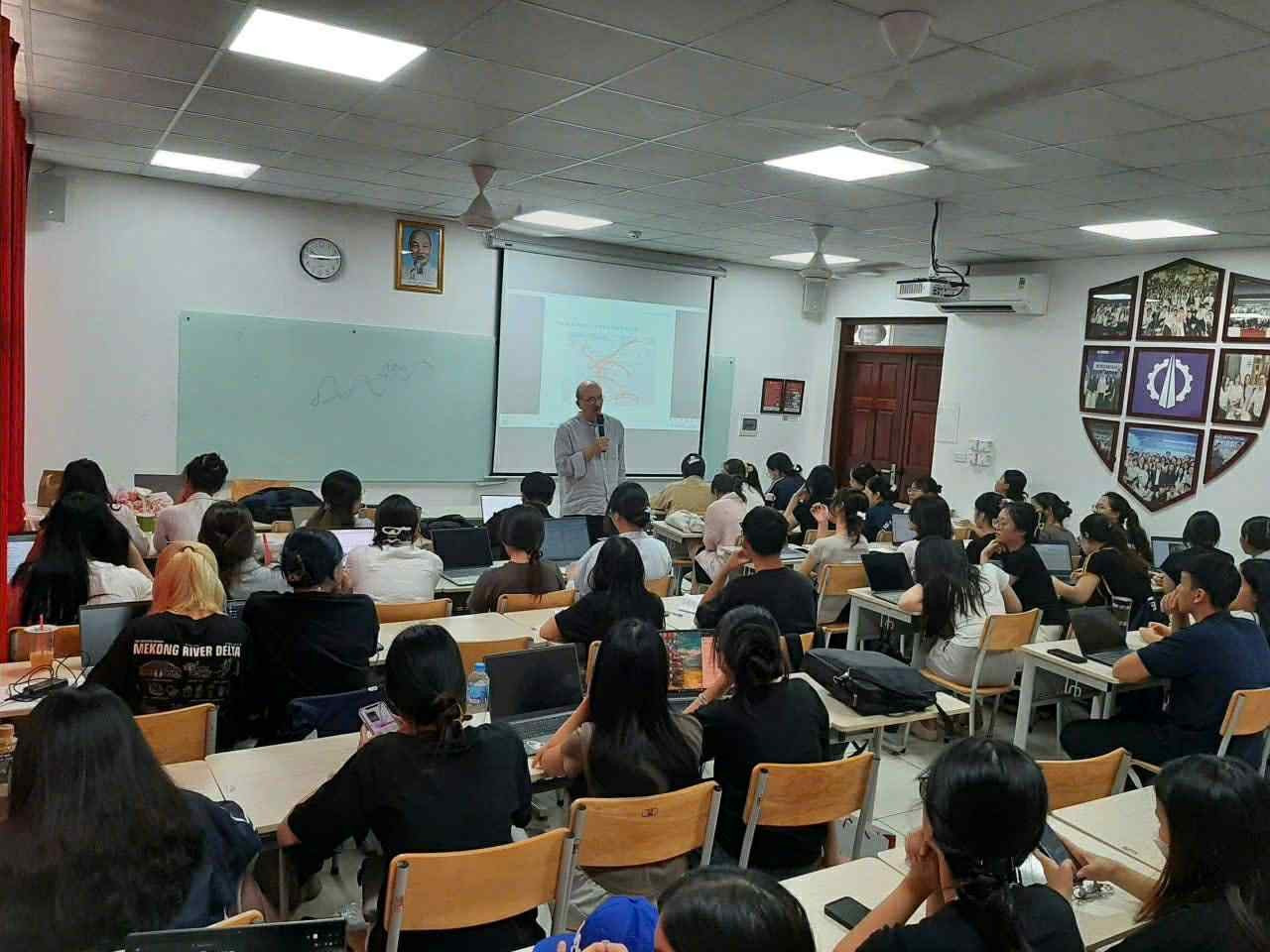
To achieve this goal, UEB focuses on training and improving students' language skills through English courses up to level B2 in the training program.
By 2025, the total number of credits of each training program taught in English will account for nearly 30%, focusing on English training in subjects belonging to the industry and specialized knowledge block.
This achievement is thanks to the development of the school's training program towards international standards and especially the high-quality teaching staff with 71.3% having academic titles and degrees such as Doctor, Associate Professor, Professor. The proportion of lecturers capable of teaching in English accounts for more than 73% (with IELTS certificate >=6.5 or equivalent), 71% of UEB lecturers have at least one level of training abroad and among them, many lecturers graduated from countries with leading educational development such as the UK, Australia, Japan, the US, etc.
UEB also focuses on inviting speakers who are scientists , lecturers, businessmen, and prestigious experts from all over the world to teach and share knowledge and practical experience in courses, seminars, and workshops. All specialized courses are taught by practical experts, of which 20% are foreign experts.
In addition, UEB students have many opportunities to participate in international economic seminars and forums with partners from countries and regions such as the EU, the United States, the Russian Federation, the UK, Korea, etc. These events not only help students update their knowledge, but also create opportunities to exchange, learn and connect with international researchers and experts.
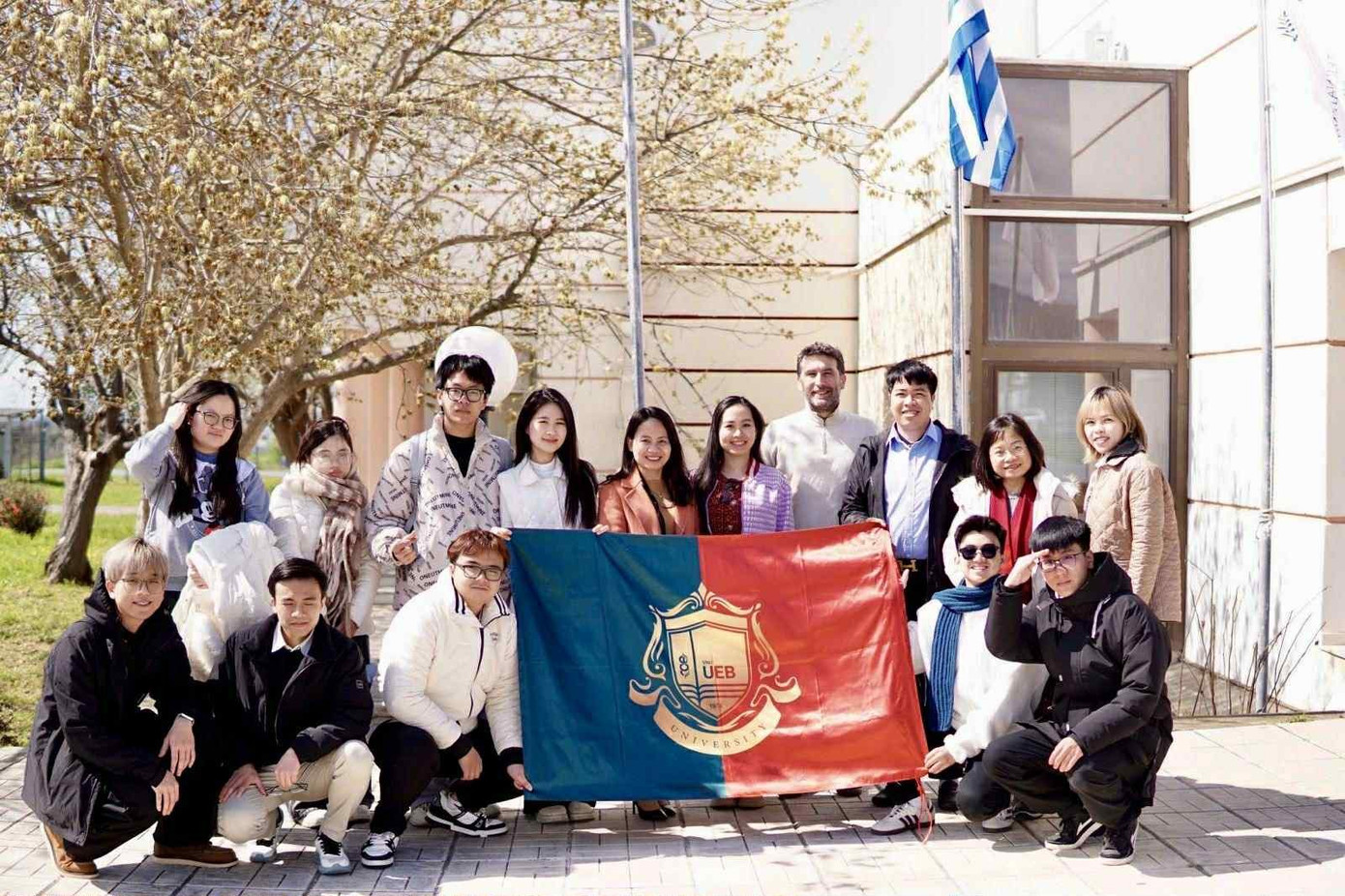
The unique privilege of UEB students is the opportunity to study internationally and exchange semesters at nearly 60 universities in 16 countries. Participating in these programs not only helps students experience advanced education but also helps students develop important skills such as studying, communicating, teamwork and English. In addition to the semester credit exchange program, UEB students can also participate in the Study Tour program - "short-term study abroad". This is an opportunity for students to experience an international learning and working environment for a period of 1 to 2 weeks in countries such as Thailand, Singapore, Japan, India, Bulgaria, Greece, Romania, Poland, Czech Republic, Germany, etc.
On June 21, UEB officially received ACBSP Certification from the Accreditation Council for Business Schools and Programs. Four undergraduate training programs at UEB have been certified with ACBSP accreditation, including: International Economics, Business Administration, Finance - Banking, Accounting (corresponding to 70% of the number of training programs). The goal for 2026 - 2027 is that UEB will continue to ACBSP-accredit 100% of undergraduate training programs.
UEB has been constantly striving to build a comprehensive internationalized learning and teaching environment in accordance with Conclusion No. 91-KL/TW, meeting the goals of "making English the second language in schools". These determinations and efforts help UEB students not only possess solid professional knowledge but also improve their ability to integrate and compete in the international arena, contributing significantly to improving the quality of the country's human resources, meeting the requirements of integration and development in the new period.
Source: https://tienphong.vn/tieng-anh-la-ngon-ngu-thu-second-language-tai-ueb-huong-toi-dao-tao-nhan-luc-chat-luong-cao-hoi-nhap-post1772090.tpo





![[Photo] General Secretary To Lam attends the 80th anniversary of Vietnam's diplomacy](https://vstatic.vietnam.vn/vietnam/resource/IMAGE/2025/8/25/3dc715efdbf74937b6fe8072bac5cb30)




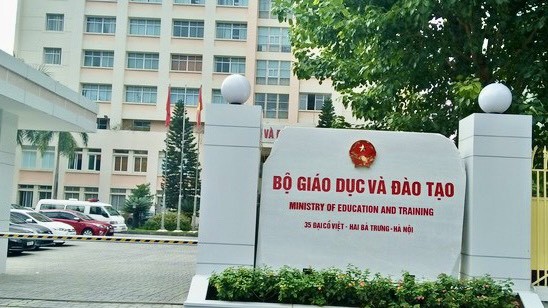
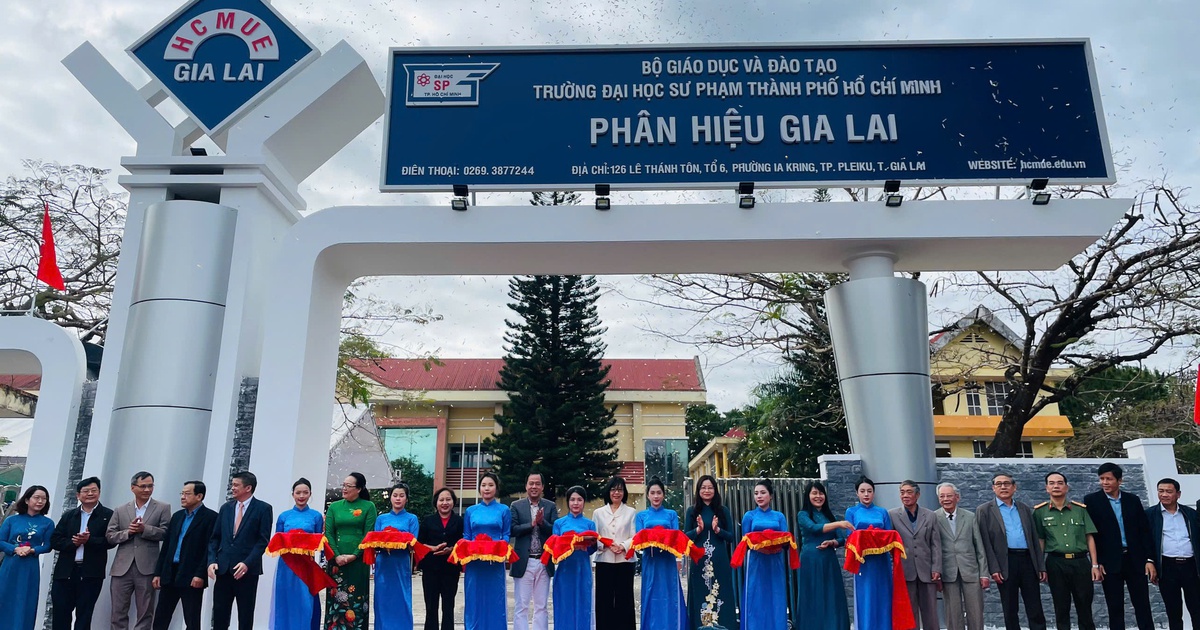

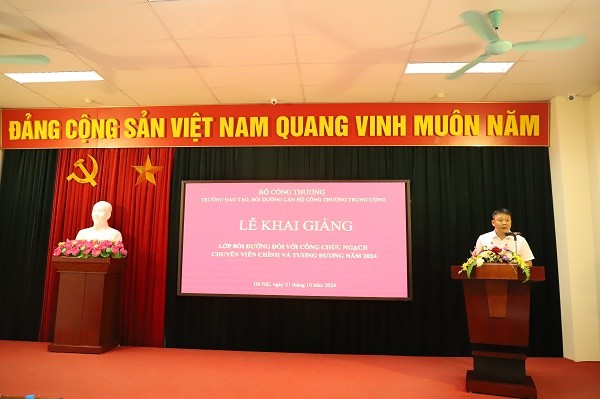

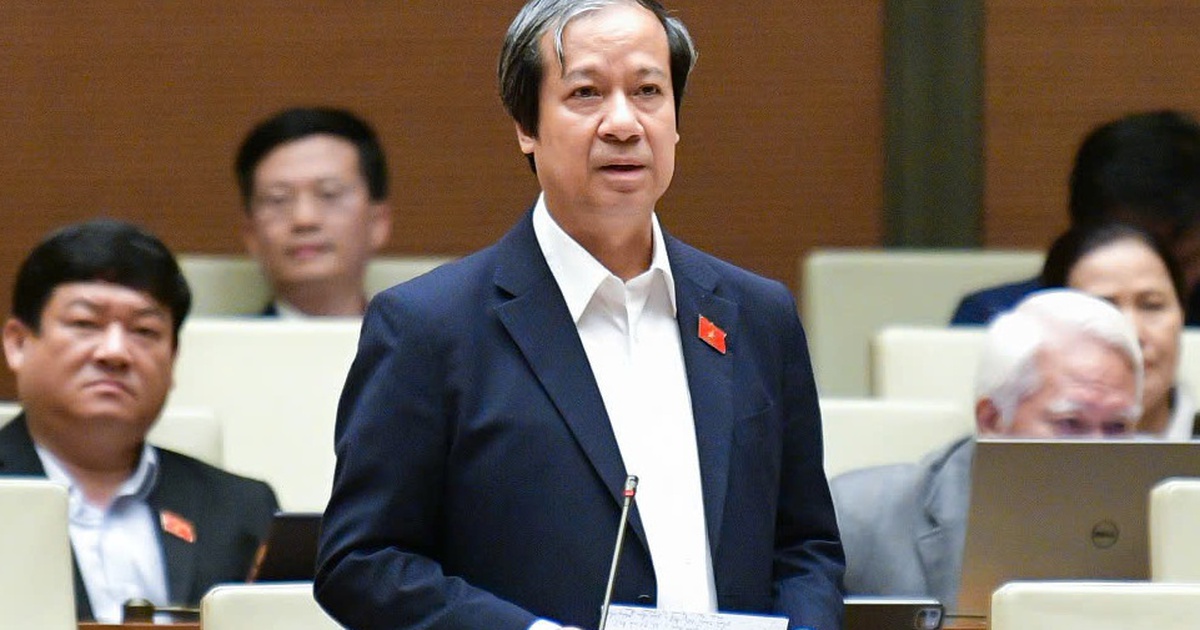










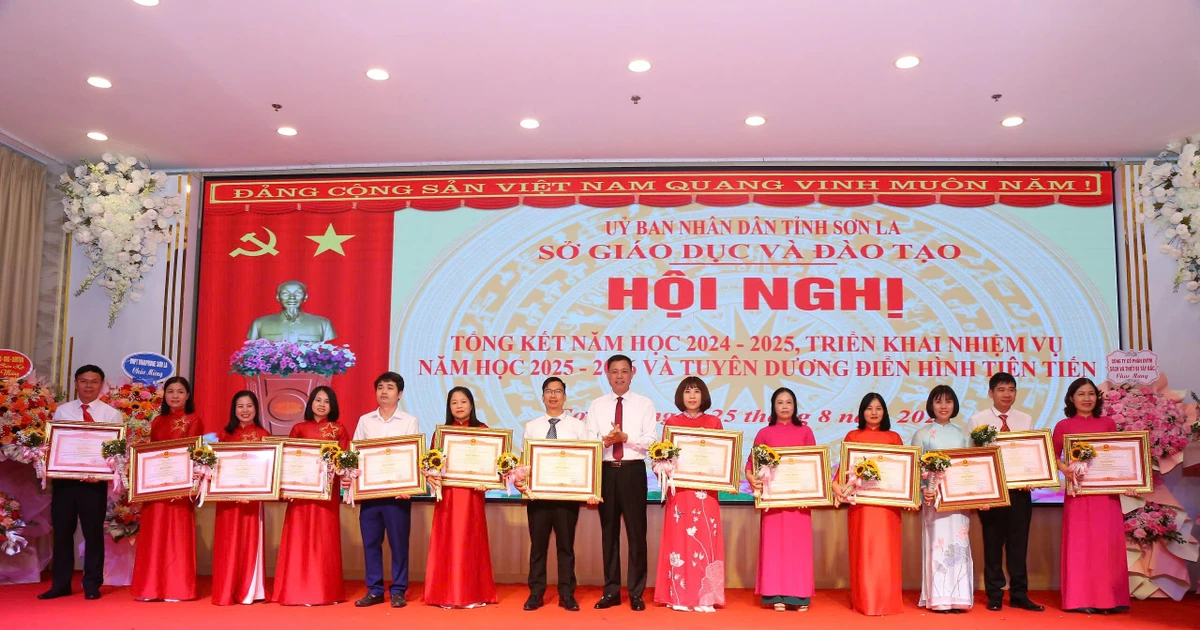






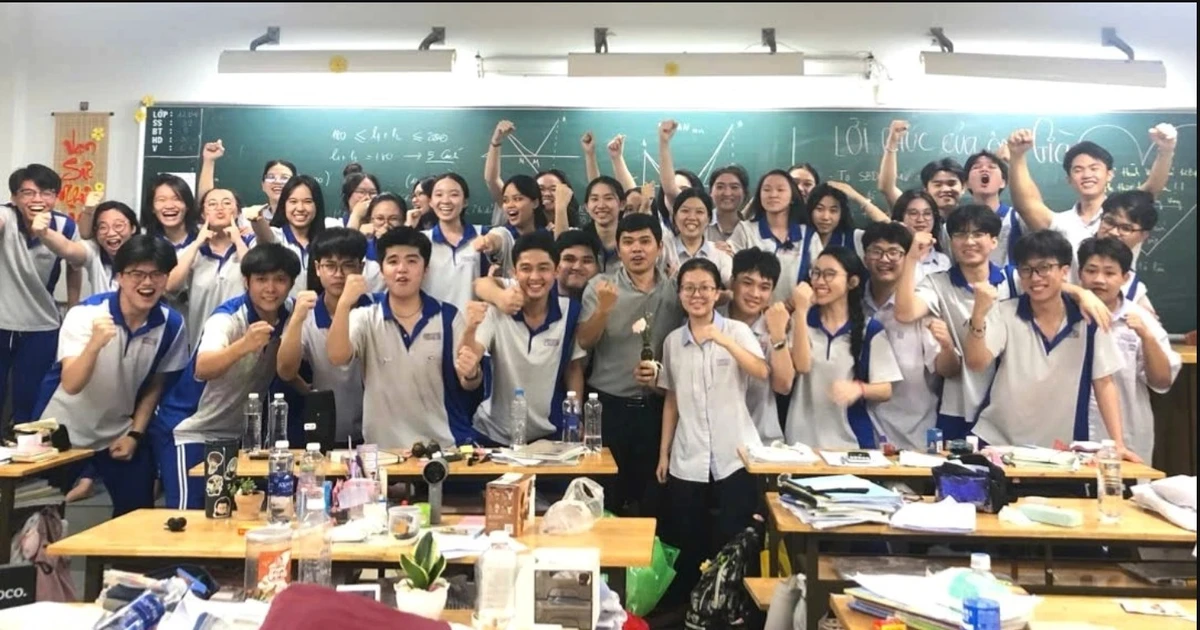
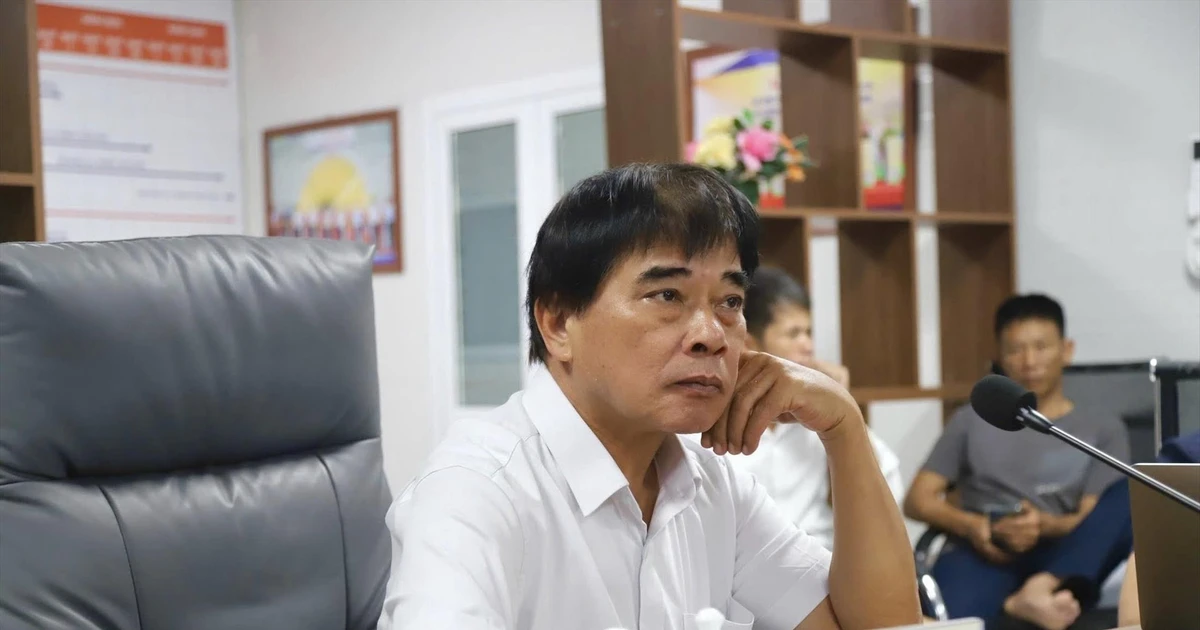
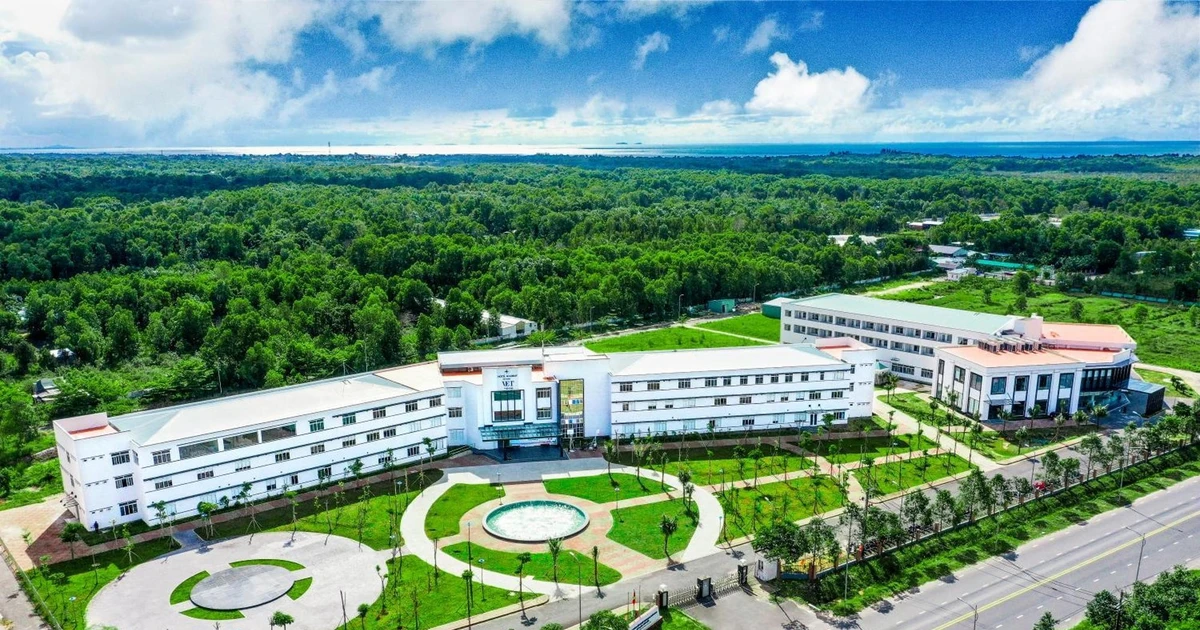
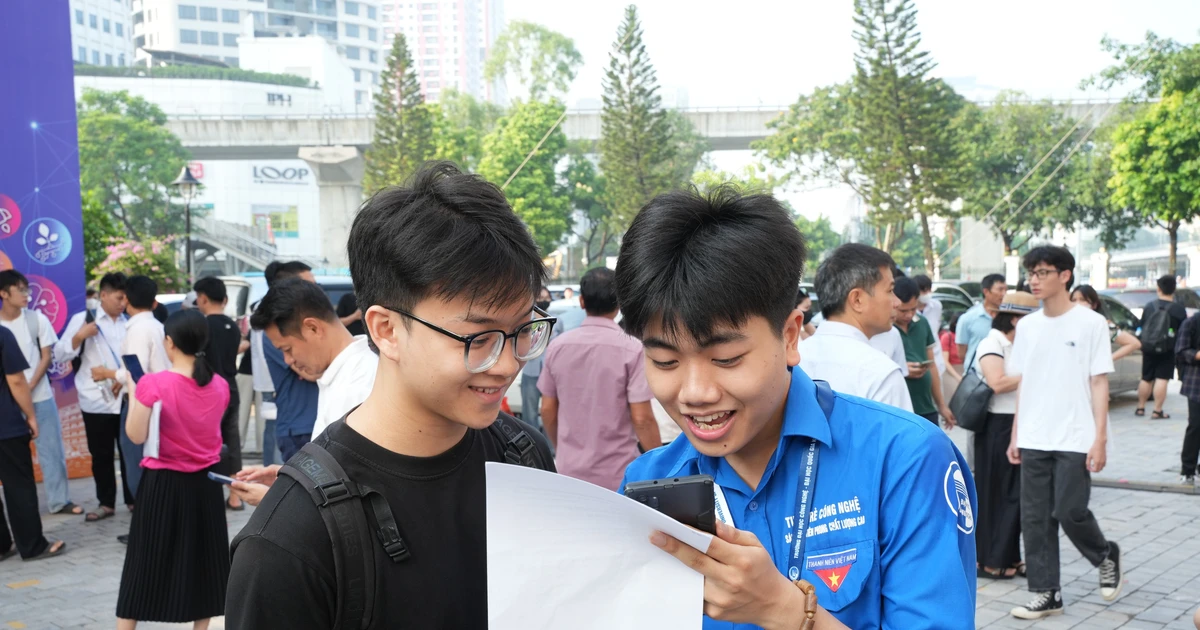




















































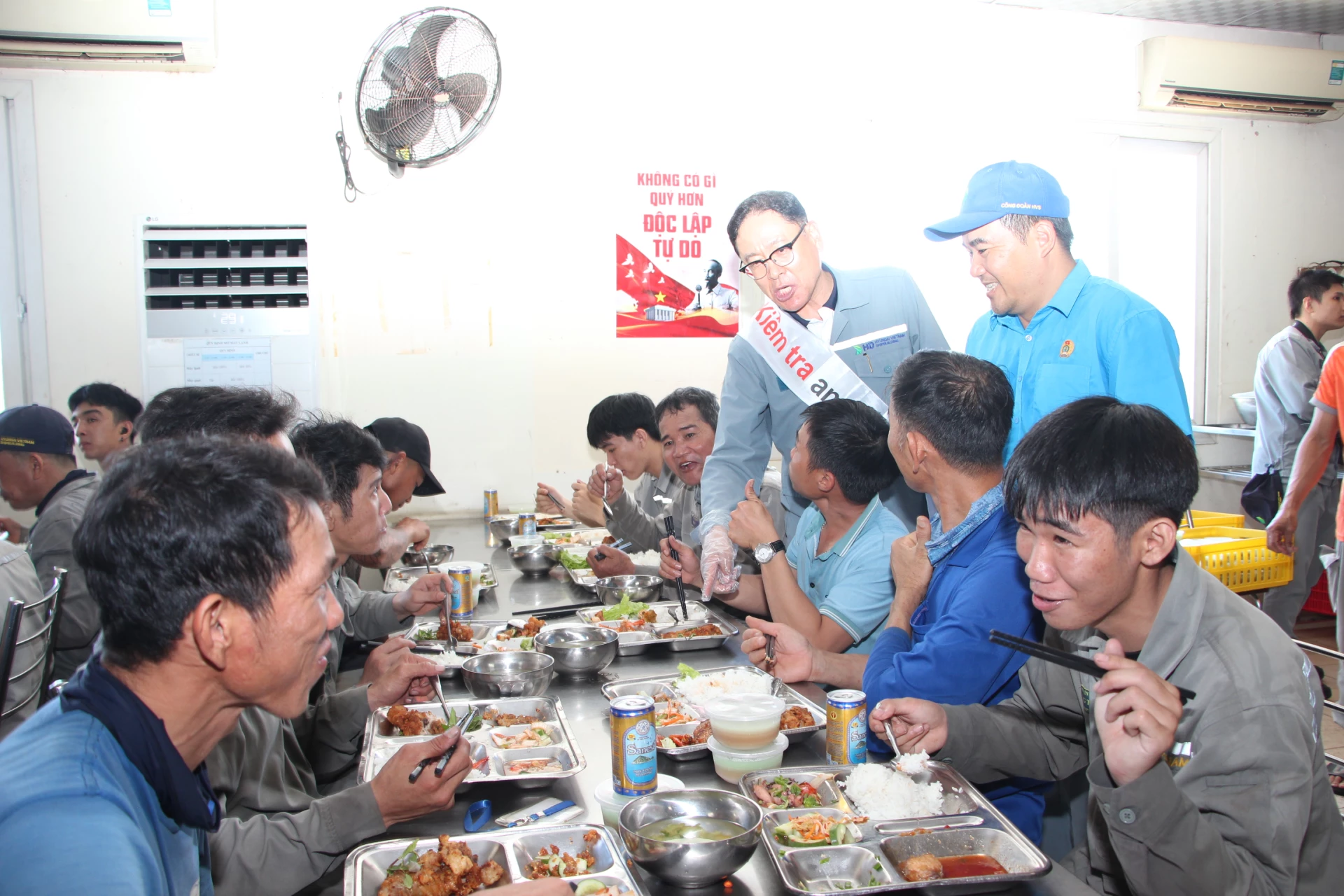
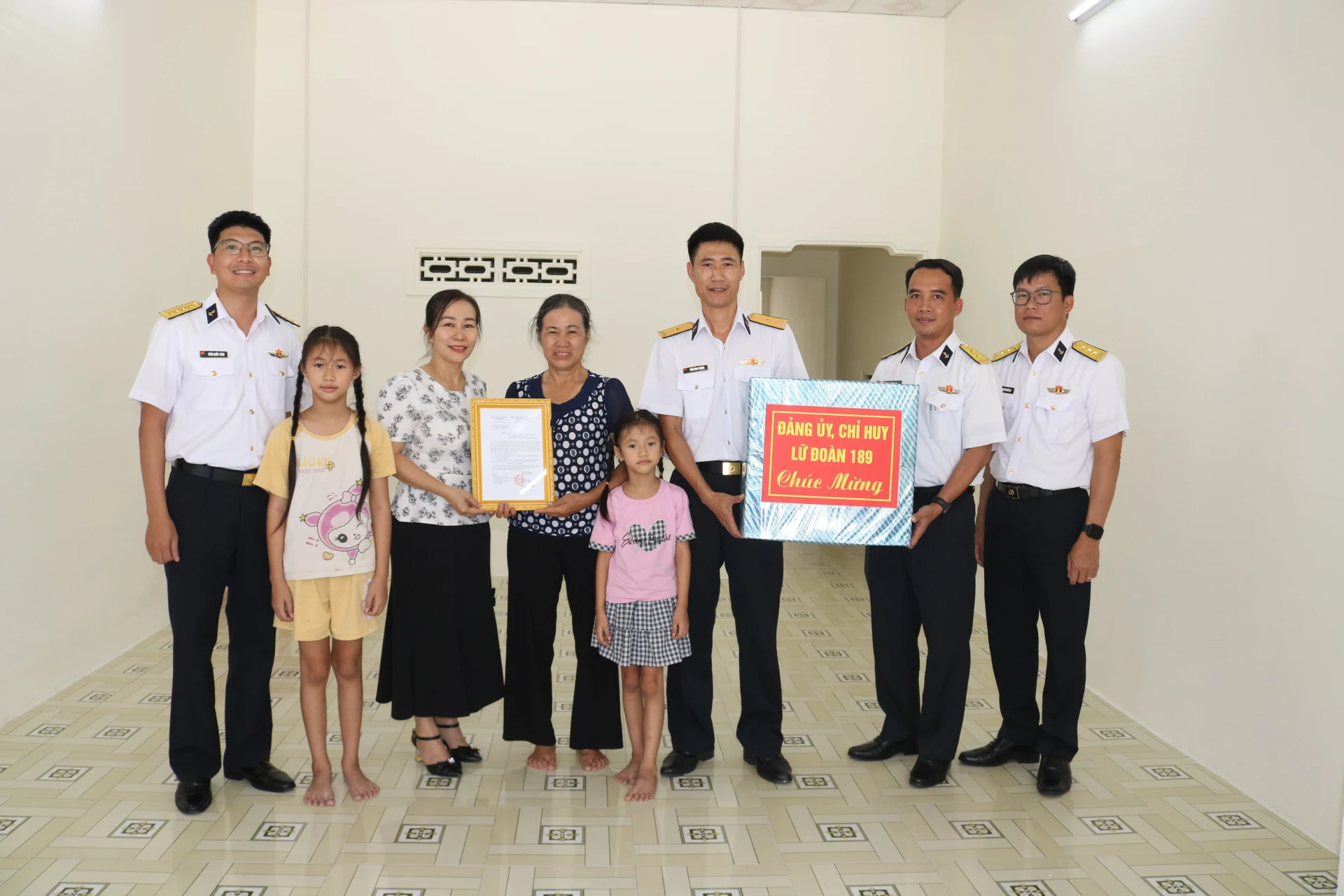

















Comment (0)